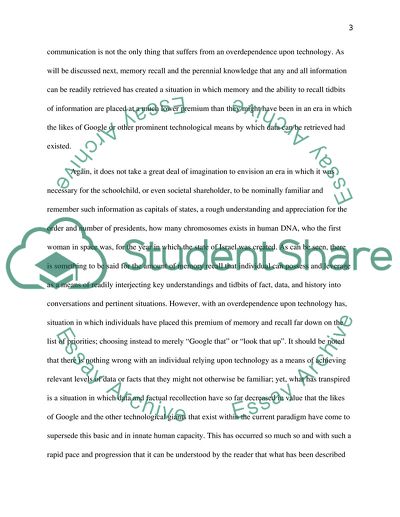Cite this document
(“Agent Of Positive Change And Addictive Counter Culture Research Paper”, n.d.)
Agent Of Positive Change And Addictive Counter Culture Research Paper. Retrieved from https://studentshare.org/sociology/1802393-humanities-clas
Agent Of Positive Change And Addictive Counter Culture Research Paper. Retrieved from https://studentshare.org/sociology/1802393-humanities-clas
(Agent Of Positive Change And Addictive Counter Culture Research Paper)
Agent Of Positive Change And Addictive Counter Culture Research Paper. https://studentshare.org/sociology/1802393-humanities-clas.
Agent Of Positive Change And Addictive Counter Culture Research Paper. https://studentshare.org/sociology/1802393-humanities-clas.
“Agent Of Positive Change And Addictive Counter Culture Research Paper”, n.d. https://studentshare.org/sociology/1802393-humanities-clas.


